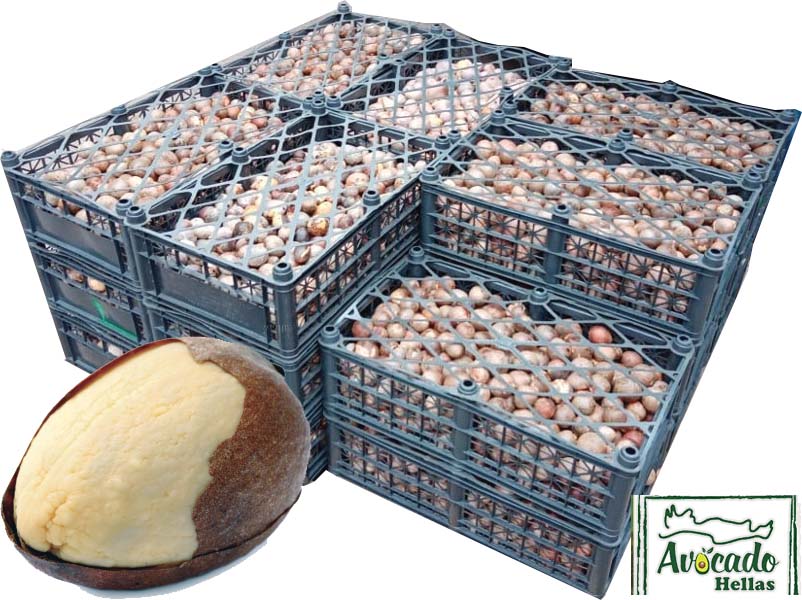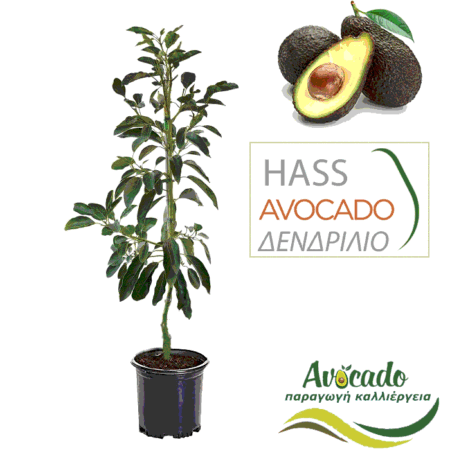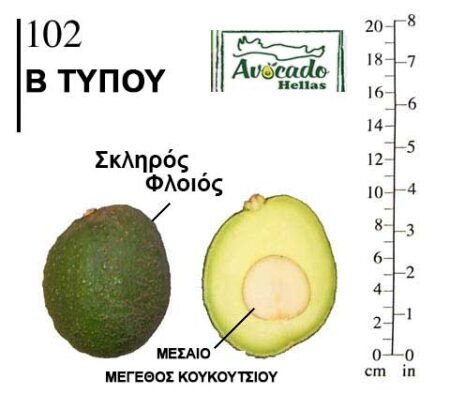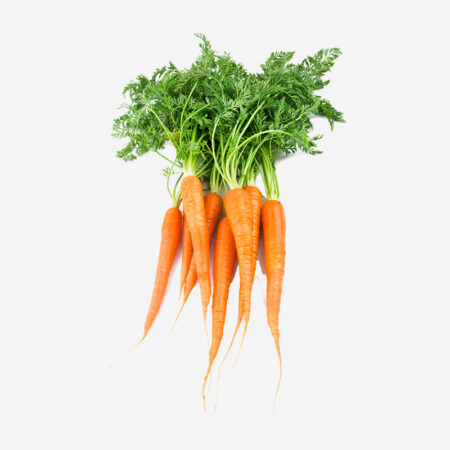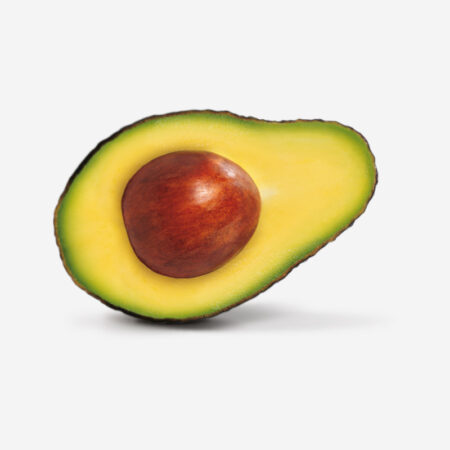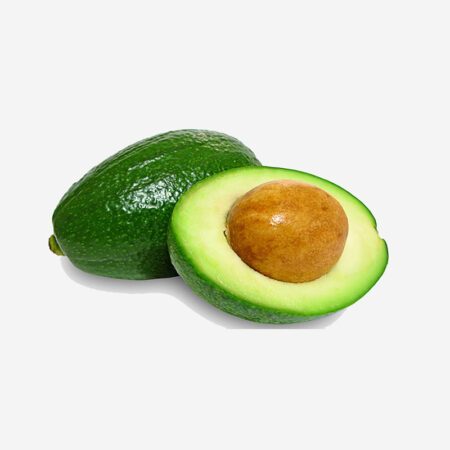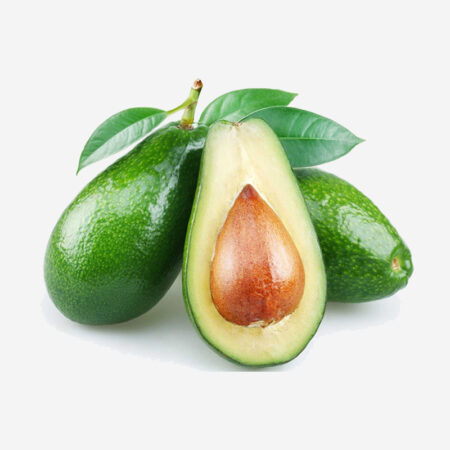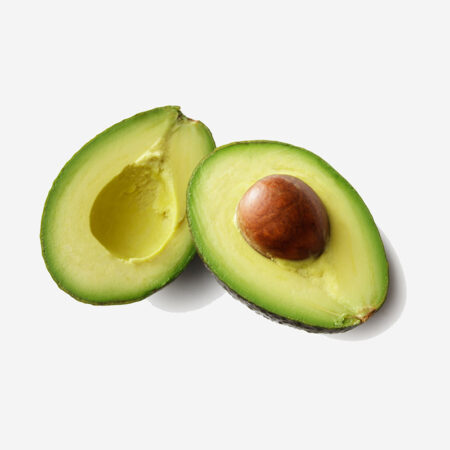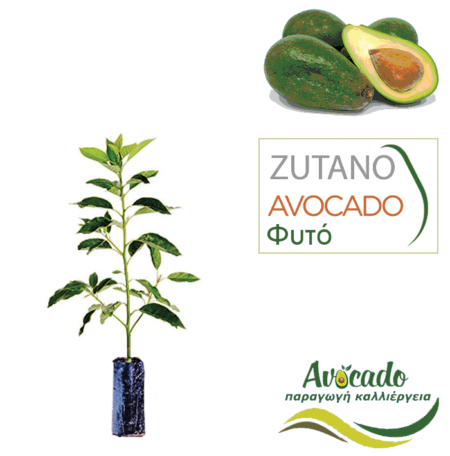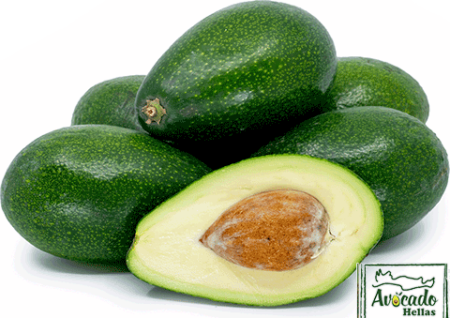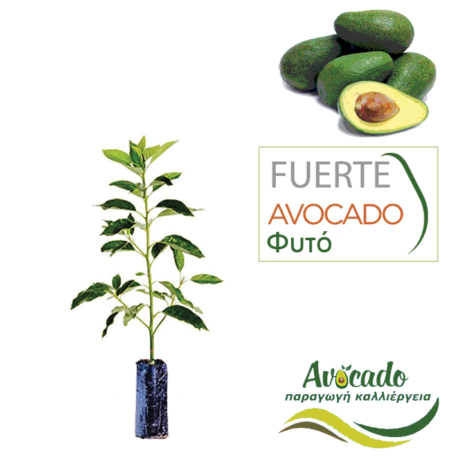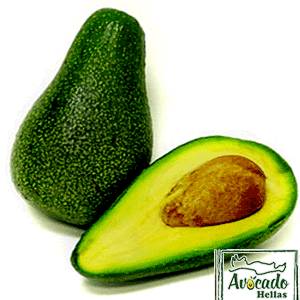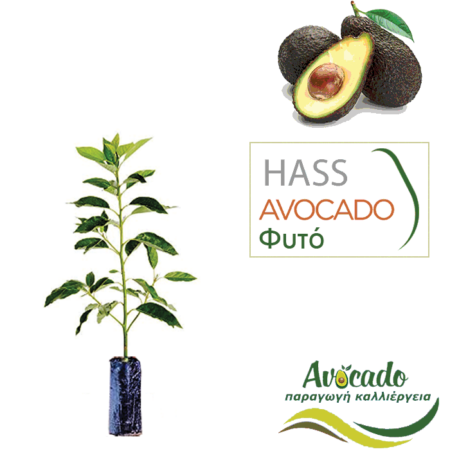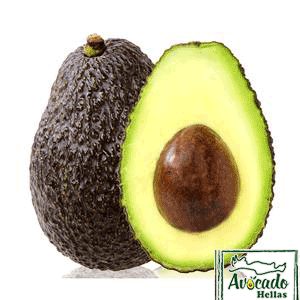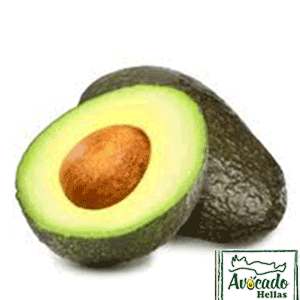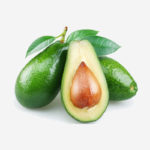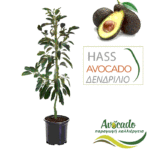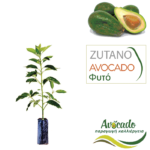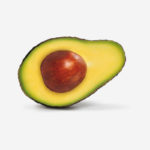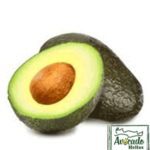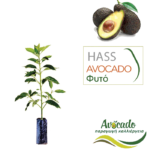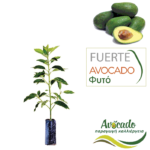Avocado: About Avocado Greece
Avocado: A successful future that has just begun: Avocado Hellas is a consulting company for the production and promotion of tropical and subtropical plants and seedlings with its own nursery. We produce excellent quality very resistant plants for which we import original propagating material from certified nurseries in Spain and throughout Europe. Our services are for producer investors who wish to invest in new innovative high yielding commercial crops.
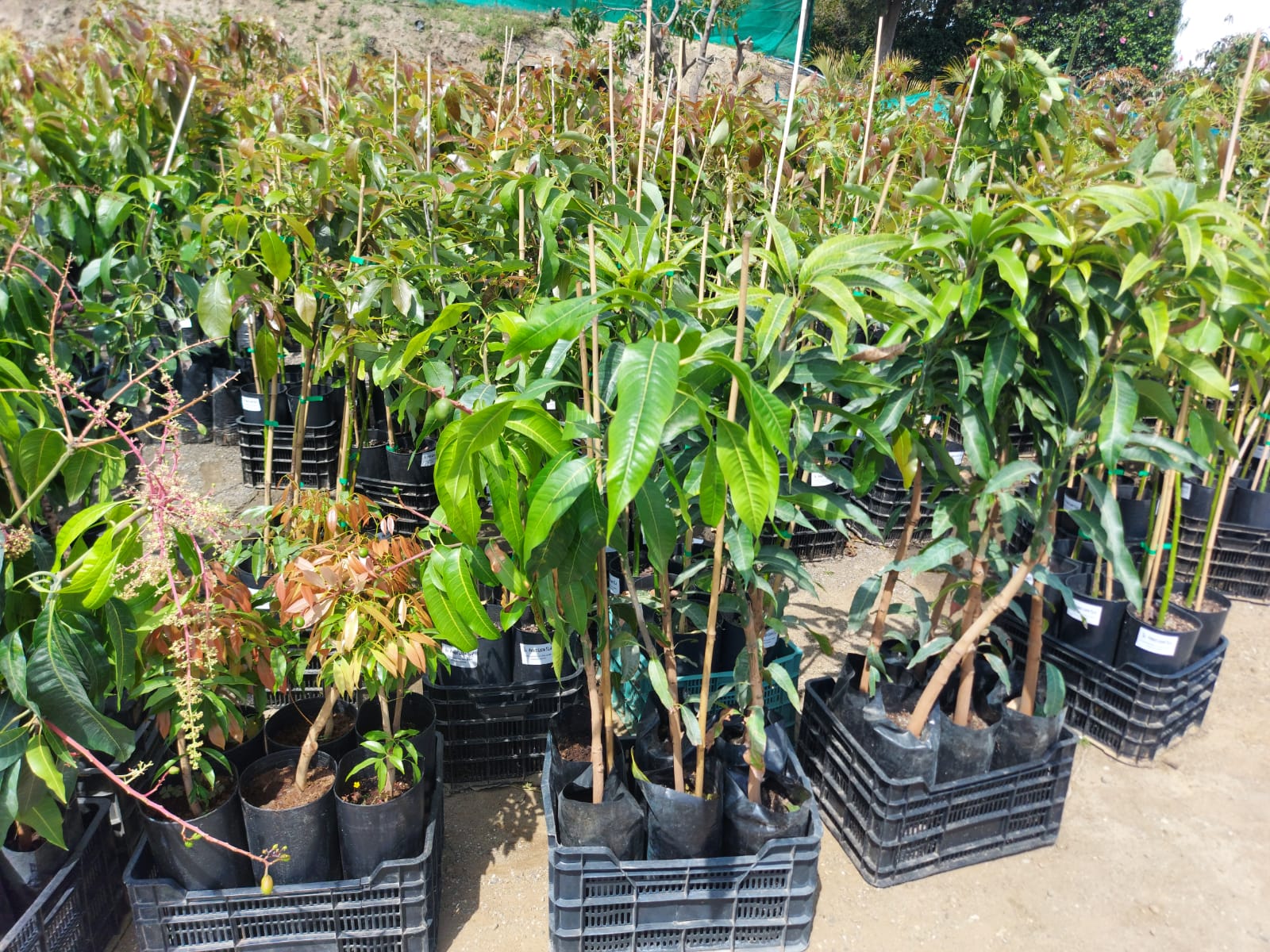
Nursery-Cultivation Production of Avocado – Mango plants with basic propagating material from Spain
Avocado Hellas mediates with European companies and large investor growers for the safe purchase of seedlings and plants produced with the innovative process of propagating clonal subjects in nurseries in Europe but also with its own production in its own nursery.
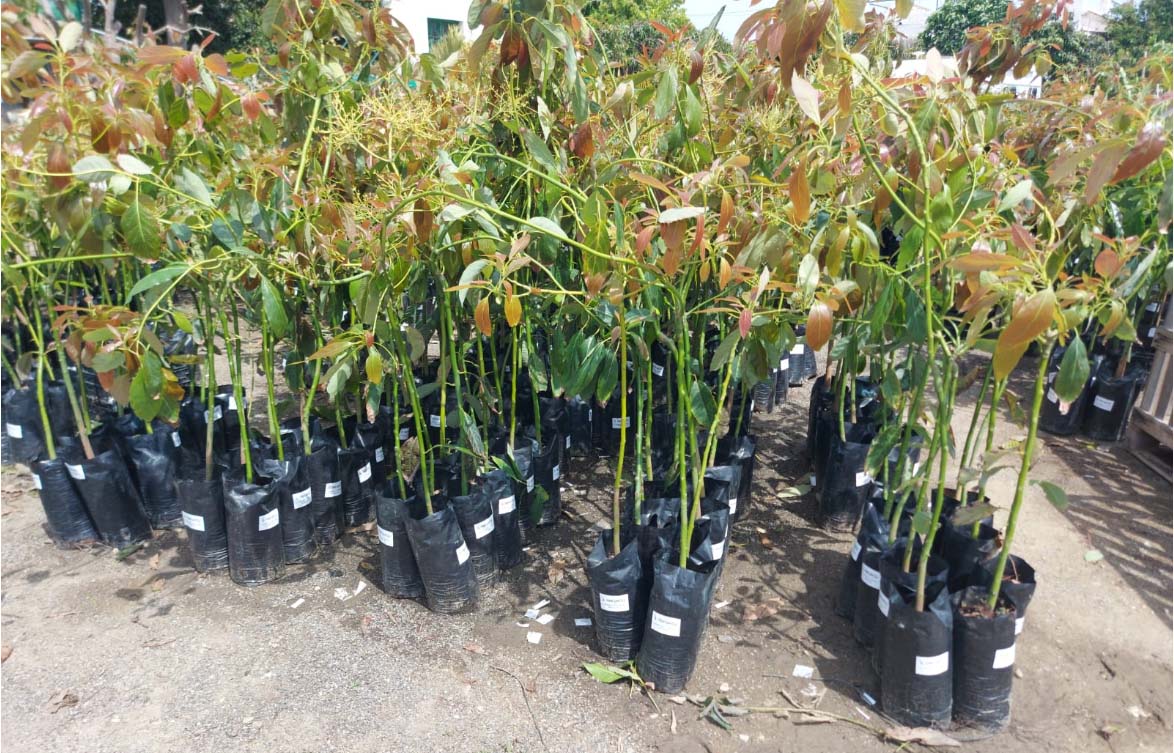
Nurseries Avocado – Mango plants with original propagating material imported from Spain
Our main objective is the production, mediation and responsible distribution of seedlings and clonal seedlings mainly of very high productivity avocados (80 kg per tree in the period of maturity), free but also very resistant to diseases.
All imported seedlings of the original propagating material are accompanied by a European Phytosanitary certificate, while for the plants that are under patent-protected trademark status, a certificate of payment of the royalty amount is provided from the nurseries in Europe for which we mediate for their smooth purchase .
The certificate accompanying the full details of the grower and the exact planting area with geographical coordinates.
In order to fully guarantee the producer both in terms of high production and for his protection during the sale and export of his production from patented varieties in Europe, it is required:
The certificate of license for the cultivation of patented varieties of high productivity.
At the same time, this secures the producer from any claims and protects him from the parent company and the controls of its representatives in Europe who will soon be in Greece for relevant controls, first in packing houses and in cultivation areas.
Avocado- Mango and other tropical plants & trees with original propagating material (rootstock) Imported from Spain from a patented hybrid.
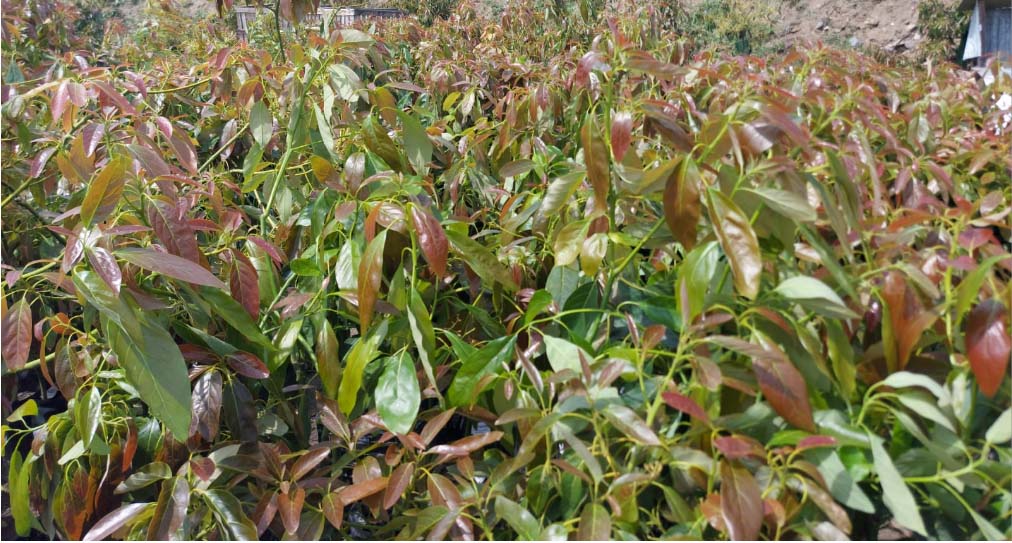
Cultivation Production Avocado – Mango plants with original propagating material from Spain
We promote our production of trees that grow and adapt for at least 6-8 months in our nursery in the Diocese of Agia
New plants imported from Spain
Avocado: Hass Fuerte, Reed Bacon Pinkerton, Zutano
Mango: Osteen, Keitt, Irvin
[wptb id="5455" not found ]We apply new innovative root system “immunotherapy” protection with “antibody” development to all available import plants and trees

Biological Treatment prevention of root system of plants-trees from fungi
The protection “immunotherapy” of the root system with the development of “antibodies” contains spores of the beneficial fungus Trichoderma harzianum strain T-22. When the protection “immunotherapy” of the root system to create “antibodies” is applied correctly, it develops mycelia, which grow along the roots and protect the roots of the crop from diseases such as: Fusarium Pythium Rhizoctonia Sclerotinia The “immunotherapy” works based on the following mechanisms. More information here
See the sizes of plants available to order
[modula id=”6201″]
Spanish Imported Avocado with patented Criollo Michoacano hybrid & improved HASS variety The underlying Criollo Michoacano avocado is from the Michoacan region of Mexico. It is an improved variant of the TOPA-TOPA variety that was and still is one of the best avocado seeds to use as rootstock for new avocado plants. This improved Criollo Michoacano variety ensures:
- Higher tolerances in water & soil salinity.
- Greater tolerance to avocado pathogens. Specifically, it shows increased resistance to pathogenic soil diseases, such as Phytophthora cinammomi , and fruit microfungi such as Rosellinia necatrix , approaching the resistance of clonal subjects such as Duke 7/ Dusa / Toro Canyon)
- It ensures a significant improvement in production having achieved avocado fruit productions with more homogeneous cashews with larger diameters very tasty fruits of high commercial value.
To improve the Creole Michoacano variety , for more than three decades plant materials from different varieties of avocado trees have been used in combination: As
- The Nachar Hybrid (Israel).
The Nachar Hybrid makes the Avocado trees very resistant to salinity while ensuring fairly high drought resistance
- At the same time, Antillean (West Indian) plant material was used
The Antillean (West Indian) Hybrid which gives a high productive potential to the crop 10-20% more than conventional avocado tree rootstocks. It also ensures resistance to pathogenic soil diseases, such as Phytophthora cinammomi, and fruit microfungi such as Rosellinia necatrix. In addition to the crosses that have been applied for a period of 30 years to the Criollo Michoacano hybrid, a hardening technique is carried out on the new plants before grafting.and control of the resistance of the young plant. In particular, conditions of heat stress and water stress are created, consisting of exposure of the plant without protection both during the Winter period and during the Summer period. For at least 6-7 days the young plant remains in water (flooded) while then it remains without water for 7 consecutive days. This way it becomes much more durable and hardens you in extreme situations. The root of the Michoacano Creole hybrid shows improved and high-yielding fruits in the leading commercial variety HASS. The Hass variety provides high quality fruit with a long shelf life both on the tree and during harvesting and handling. The specific fruits / Hass fruits of the subject Criollo Michoacano gives:
- Possibility of preservation and disposal after harvest for another 2 months.
- Allows long-term transport even by ship in case of export
- The graft used in the young plants comes from mature trees on a 100-hectare farm with a very high yield of over 80 kg per tree.
Therefore, all young trees will produce homogeneously large calibers of fruits of class A during their maturity . – Planting distances The recommended planting distances for standard cultivation of the Hass Criollo Michoacano varietybecause the trees are vigorous and fast growing it is for medium to high density planting is 5 x 4 . That is, about 50 trees per hectare. While for high density planting 3×4 meters and about 83 meters per hectare. It is important to prune systematically after 2.5 years and thereafter. The trees should not exceed 4 meters in order to facilitate their collection and it is suggested as a compensation that their side branches grow in the form of an “open pine tree”. As far as flowering is concerned, it begins in the period of April – May, while the fruits of HASS Criollo Michoacano also bear fruit they start growing from the end of September with a full growth period of 6-7 months. Full ripening of the fruit for optimal levels of avocado vegetable oil fat is provided in late November to February with the ability to remain on the trees until April. This fact gives competitive advantages of a high price derivative of quality Hass avocado fruits due to high demand and limited off-season production compared to the standard commercial Hass variety. For the proper development of avocado tree cultivation and the absorption of soil nutrients, it is important that the PH of the soil has values between 6-7 degrees. The Criollo Michoacano variety subject imported from SpainHass has the strength of productive dynamics with a soil ph of up to 7.80 degrees . Therefore, the Criollo Michoacano subject of the Hass variety imported from Spain is a unique investment option for growers – farmers who look to the future with planning and responsibility.
Model Avocado Crops and Nurseries in Spain
[wptb id="5077" not found ]Reception of imported Avocados, Mangoes in the Episcopate of Aghia
[wptb id="5080" not found ]Certified High Hardiness Nursery Avocado Seeds from Mexico
Certified Nursery Avocado Seeds , Creolo, High Hardiness from Mexico are excellent for nursery growing. They create very hardy avocado rootstocks. Currently, more than 90 percent of the new avocado plantations in Mexico were grown from this seed. It is considered by many to be the most cold hardy seed along with the Mexicola seed and with the ability to support up to 3 cuttings of different avocado varieties at the same time. Ask us about minimum quantities available. The annual seed season is from March to December.
Ask us for current discount prices depending on the quantity requested. Possibility of sending samples. Orders are placed from the certified nurseries of Latin America. They can be delivered within 20 -30 business days upon pre-order.
The seeds have an International Phytosanitary Certificate, approval for import into Greece by the Ministry of Rural Development and have been checked by a competent phytopathologist of the Ministry.
They are marketed by Avocado Hellas, which has a phytosanitary register with number 940 19 006 and sales approval and a Propagation Material Trade Register
type B enterprises with registration number 114. More information here
About the avocado
The avocado tree scientifically known as ( Persea americana ) is a subtropical plant that is considered to originate from South Central Mexico and is classified as a member of the flower family Lauraceae. The fruit of the plant is also called avocado (or avocado pear or pear of the alligator). Is described botanically its fruit as a large berry containing a single large seed – pit. Avocados as an agricultural investment are considered for the markets as commercially valuable. Its cultivation thrives in tropical and Mediterranean climates around the world. Its fruits have a green surface (skin) that is smooth or leathery while the body (the inside of the fruit) is fleshy and buttery. The shape of the avocado can be pear-shaped, egg, or globose. Its fruits usually ripen after harvest. Avocado trees are partially self-limiting and are often propagated by grafting or pollination to maintain a good quality and sufficient quantity of fruit. The avocado tree can reach a height of 20 meters, with a foliage of 12-25 cm (4.7-9.8 in) leaves. The flowers that will produce avocado fruits are indistinct, greenish-yellow, 5-10 mm wide. The avocado fruit is pear-shaped and 7-20 cm long. Their weight ranges between 100 and 150 grams, while their pit (the seed) is 5-6.4 cm long. Botanically, the avocado fruit resembles a berry with a pit (one seed), due to its large endocarp. Avocado , Cultivation The avocado tree is a subtropical species that needs to thrive in a warm Mediterranean climate without frost and with little wind. High winds reduce humidity, dehydrate avocado blossoms and affect pollination. When even a mild frost occurs, premature ripening of the fruit may occur. An exception is the avocado variety HASS which can tolerate temperatures down to -1 °C. The trees also need well-ventilated soils, ideally at a depth of more than 1 m. Its fruiting and growth performance is reduced when the irrigation water is very salty. These soil and climate conditions are available mainly in the areas of Western Crete and especially in Western Chania (Agyia Vatolakos, Patelari etc.)
12 proven health benefits of the avocado fruit.
Avocado is a rather unique fruit.
While most fruits are primarily composed of carbohydrates, the fruit is high in healthy fats. Many studies show that it has powerful health benefits. Here are 12 health benefits of avocados that are backed by scientific research.
1. Its fruit is incredibly nutritious
This fruit is valued for its high nutrient content and is added to various dishes due to its good taste and rich texture. It is the main ingredient in guacamole. These days, avocado has become an incredibly popular food among health-conscious people. It is often referred to as a superfood, which is not surprising given its health properties. There are many types of avocados that vary in shape and color – from pear to round and green to black. They can also weigh anywhere from 8 ounces (220 grams) to 3 pounds (1.4 kg). The most popular variety is the Hass avocado. It is often called “alligator pear,” which is very descriptive, as it tends to be pear-shaped and has green, bumpy skin like an alligator. The yellow-green flesh inside the fruit is eaten, but the skin and seeds are discarded. Its fruit is very nutritious and contains a wide variety of nutrients, including 20 different vitamins and minerals. Here are some of the most abundant nutrients, in a 100-gram serving:
- Vitamin K: 26% of the daily value (DV)
- Fillet: 20% of DV
- Vitamin C: 17% of the DV
- Potassium: 14% of the DV
- Vitamin B5: 14% of the BM
- Vitamin B6: 13% of the DV
- Vitamin E: 10% of the BM
- It also contains small amounts of magnesium, manganese, copper, iron, zinc, phosphorus and vitamins A, B1 (thiamine), B2 (riboflavin) and B3 (niacin).
This comes in at 160 calories, 2 grams of protein and 15 grams of healthy fats. Although it contains 9 grams of carbs, 7 of those are fiber, so there are only 2 “net” carbs, making this a low-carb food. Avocados contain no cholesterol or sodium and are low in saturated fat. This is why they are favored by some experts who believe that these substances are harmful, which is a debated topic, however.
SUMMARY: The avocado is a pear-shaped green fruit often called an “alligator pear.” It is packed with healthy fats, fiber and various important nutrients.
2. Avocados contain more potassium than bananas
Potassium is a nutrient that most people don’t get enough of. This nutrient helps maintain the electrical gradients in your body’s cells and serves several important functions. They have a very high potassium content. A 3.5-gram (100-gram) serving packs 14% of the recommended daily allowance (RDA), compared to 10% in bananas, which are a typical high-potassium food. Several studies show that high potassium intake is associated with a reduction in blood pressure, which is a major risk factor for heart attacks, strokes and kidney failure.
SUMMARY Potassium is an important mineral that most people don’t get enough of. Avocados are very high in potassium, which should support healthy blood pressure levels.
3. The avocado fruit has important heart-healthy monounsaturated fatty acids
The fruit is a high-fat food. In fact, 77% of the calories in it are from fat, making it one of the fattiest plant foods out there. But they don’t only contain fat. Most of the fat in avocados is oleic acid – a monounsaturated fatty acid that is also the main component of olive oil and is believed to be responsible for some of its health benefits. Oleic acid has been associated with reduced inflammation and appears to have beneficial effects on cancer-related genes. The fats in its fruit are also resistant to heat-induced oxidation, making avocado oil healthy and safe for cooking.
SUMMARY The fruit and its oil are high in monounsaturated oleic acid, a heart-healthy fatty acid believed to be one of the main reasons for olive oil’s health benefits.
4. Avocados contain fiber
Fiber is another nutrient and its fruits are relatively rich. It’s harmless plant matter that can aid in weight loss, reduce blood sugar spikes, and is closely linked to a lower risk of many diseases. A distinction is often made between soluble and insoluble fiber. Soluble fiber is known for feeding the friendly gut bacteria in your gut, which are very important for optimal body function. A 3.5-gram (100-gram) serving of avocado contains 7 grams of fiber, which is 27% of the RDA. About 25% of the fiber in avocados is soluble, while 75% is insoluble.
SUMMARY Fruits and nuts tend to be high in fiber – about 7% by weight, which is very high compared to most other foods. Fiber can have significant benefits for weight loss and metabolic health.
5. Eating it can lower cholesterol and triglyceride levels
Heart disease is the most common cause of death in the world. Several blood markers are known to be associated with increased risk. This includes cholesterol, triglycerides, inflammatory markers, blood pressure and various others. Eight controlled human studies have examined the effects of avocado on some of these risk factors. These studies showed that avocados can:
- Significantly lower total cholesterol levels.
- Lower blood triglycerides by up to 20%.
- Lower LDL cholesterol by up to 22%.
- Increase HDL (the “good”) cholesterol by up to 11%.
One of the studies found that following a low-fat, vegetarian diet significantly improved the cholesterol profile. While their results are impressive, it’s important to note that all of the human studies were small and short-term, including only 13-37 people and lasting 1-4 weeks.
SUMMARY Numerous studies have shown that eating avocados can improve heart disease risk factors such as total, “bad” LDL, and “good” HDL cholesterol, as well as blood triglycerides.
6. People who eat avocados tend to be healthier
A study examined the eating habits and health of people who eat its fruits on a daily basis. Data from 17,567 participants in the US NHANES survey were analyzed. Avocado consumers were found to be much healthier than people who did not eat this fruit. They had a much higher nutrient intake and were half as likely to have metabolic syndrome, a cluster of symptoms that is a major risk factor for heart disease and diabetes. People who ate avocados regularly also weighed less, had a lower BMI and significantly less belly fat. They also had higher levels of “good” HDL cholesterol. However, correlation does not imply causation, and there is no guarantee that avocados caused these people’s better health. Therefore,
SUMMARY A nutritional study found that people who ate avocados had a much higher nutrient intake and a lower risk of metabolic syndrome.
7. Their fat content can help you absorb nutrients from plant foods
When it comes to nutrients, your intake isn’t the only thing that matters. You also need to be able to absorb these nutrients – move them out of your digestive system and out of your body where they can be used. Some nutrients are fat soluble, meaning they must be combined with fat to be used. Vitamins A, D, E and K are fat soluble, along with antioxidants such as carotenoids. One study showed that adding avocado or avocado oil to either salad or salsa can increase antioxidant absorption 2.6 to 15 times. So not only is avocado super nutritious, it can dramatically increase the nutritional value of the other plant foods you eat. This is a great reason to always include a healthy source of fat when eating vegetables. Without it, many of the beneficial plant nutrients will end up wasted.
SUMMARY Studies have shown that eating avocados or avocado oil with vegetables can dramatically increase the number of antioxidants you get.
8. Avocados are loaded with powerful antioxidants that can protect your eyes
Not only do avocados increase antioxidant absorption from other foods, they are also high in antioxidants themselves. This includes the carotenoids lutein and zeaxanthin, which are extremely important for eye health. Studies show they are associated with a drastically reduced risk of cataracts and macular degeneration, which are common in older adults. Therefore, eating avocados should benefit your eye health in the long run.
SUMMARY Avocados are high in antioxidants, such as lutein and zeaxanthin. These nutrients are very important for eye health and reduce the risk of macular degeneration and cataracts.
9. Avocado May Help Prevent Cancer
There is limited evidence that avocados may be beneficial in the treatment and prevention of cancer. Test-tube studies suggest it may help reduce the side effects of chemotherapy in human lymphocytes. Avocado extract has also been shown to inhibit the growth of prostate cancer cells in a laboratory. However, keep in mind that these studies were done in single cells and don’t necessarily prove what might happen inside humans. Human-based research is not available.
SUMMARY Some test-tube studies have shown that nutrients in avocados may have benefits in preventing prostate cancer and reducing the side effects of chemotherapy. However, human-based research is lacking.
10. Avocado Extract May Help Relieve Arthritis Symptoms
Arthritis is a common problem in Western countries. There are many types of this condition, which are often chronic problems that people have for the rest of their lives. Multiple studies suggest that extracts of avocado and soybean oil – called asaponoids and soy – can reduce osteoarthritis. Whether avocados themselves have this effect remains to be seen.
SUMMARY Studies have shown that avocado and soybean oil extracts can significantly reduce the symptoms of osteoarthritis.
11. Eating avocado can help you lose weight
There is some evidence that avocados are a weight loss-friendly food. In one study, people who ate avocado with a meal felt 23% more satisfied and had a 28% lower desire to eat over the next 5 hours, compared to people who did not consume this fruit. If this is the case in the long run, then including avocados in your diet can help you consume fewer calories and make it easier to maintain healthy habits. They’re also high in fiber and very low in carbohydrates, two features that should help promote weight loss, at least as part of a healthy, real-food diet.
SUMMARY Avocados can help with weight loss by keeping you full longer and making you eat fewer calories. It’s also high in fiber and low in carbs, which can promote weight loss
12. Its fruit is delicious and easy to incorporate into your diet
Avocados are not only healthy, they are also extremely tasty and go with many types of food. You can add them to salads and various recipes or just scoop them out with a spoon and eat them plain. They have a creamy, rich, oily texture and combine well with other ingredients. A notable mention is guacamole, which is arguably the most famous use of avocados. It includes avocado along with ingredients like salt, garlic, lime and a few others, depending on the recipe. Its fruit often takes some time to ripen and should feel slightly soft when ripe. The nutrients in the avocado can oxidize and turn brown soon after the flesh, but adding lemon juice should slow that process down.
SUMMARY They have a creamy, rich, oily texture and combine well with other ingredients. Therefore, it is easy to add this fruit to your diet. Using lemon juice can prevent cut avocados from browning quickly.
Conclusion
Avocados are a great food, packed with nutrients, many of which are lacking in the modern diet. They ensure weight loss, are helpful for heart health and taste very good.
Latest information and news
[wpbm id=”5396″]
ooooooooooooooooooooooooooooooooooooooooooooooo




